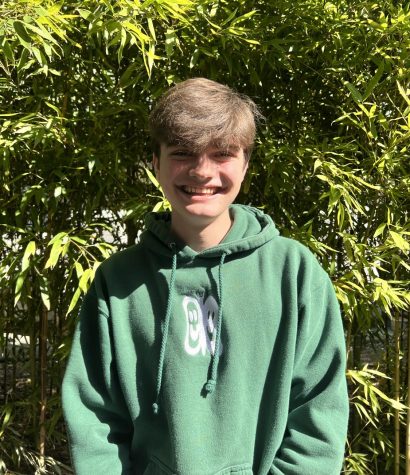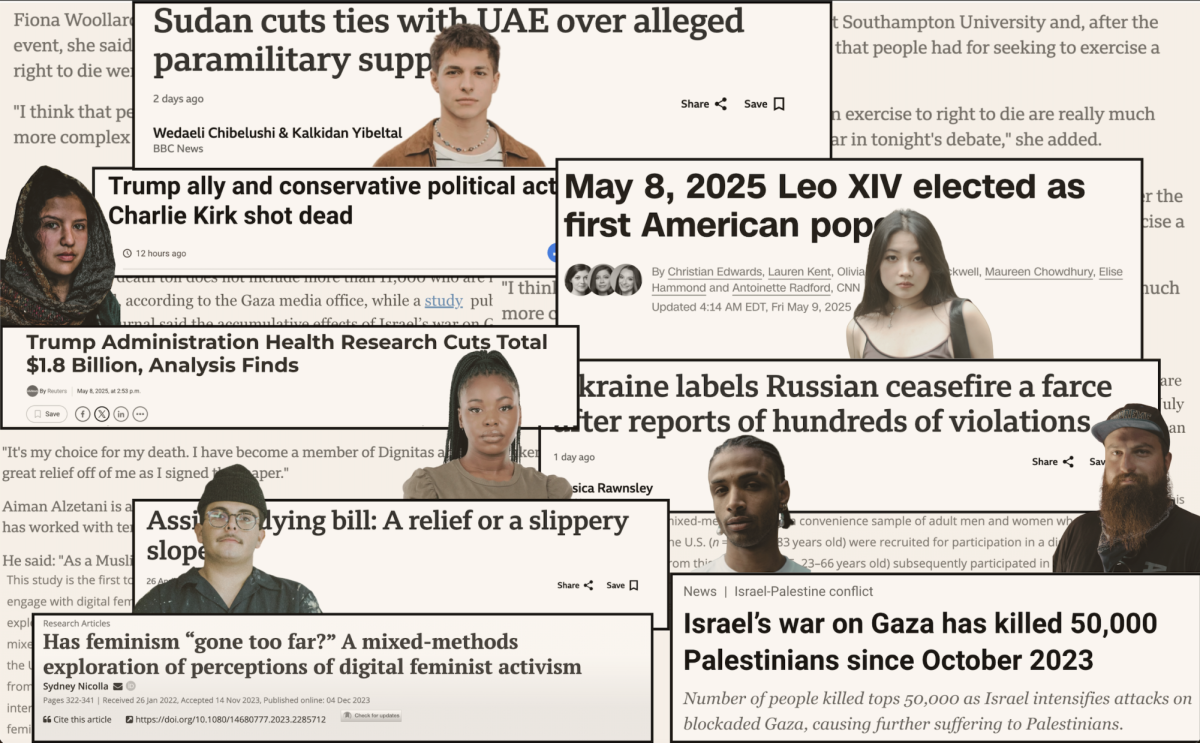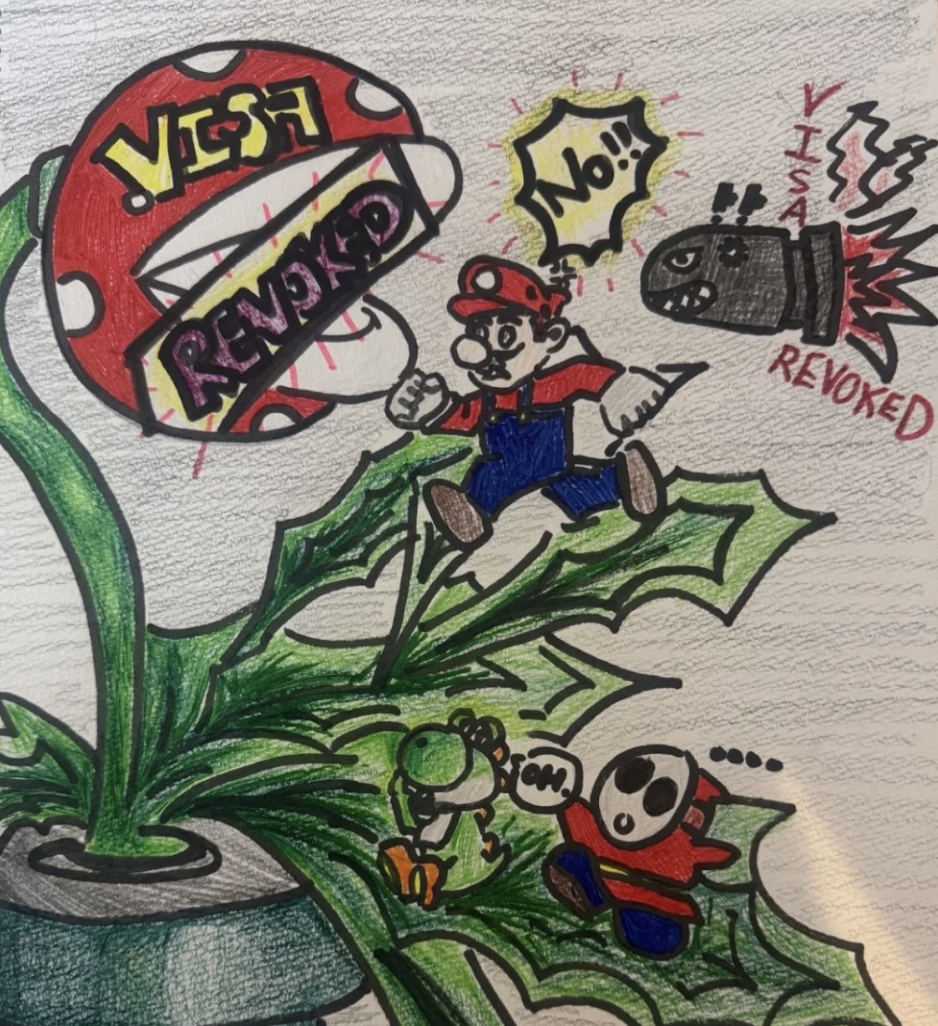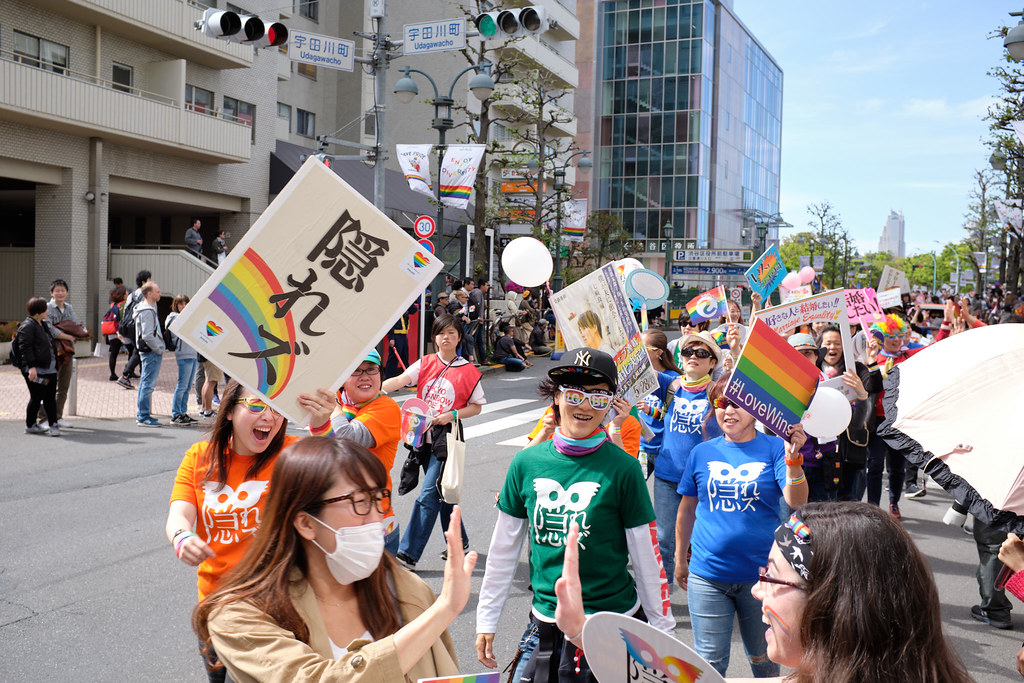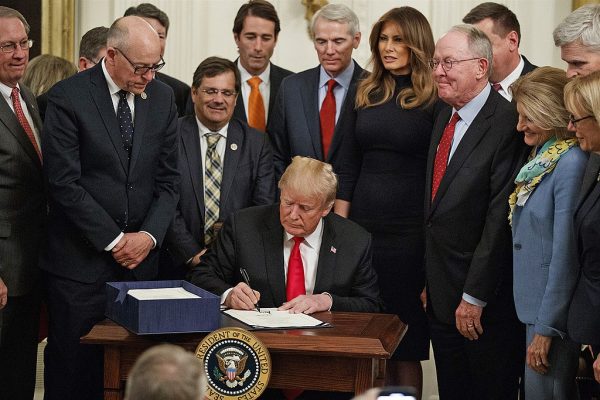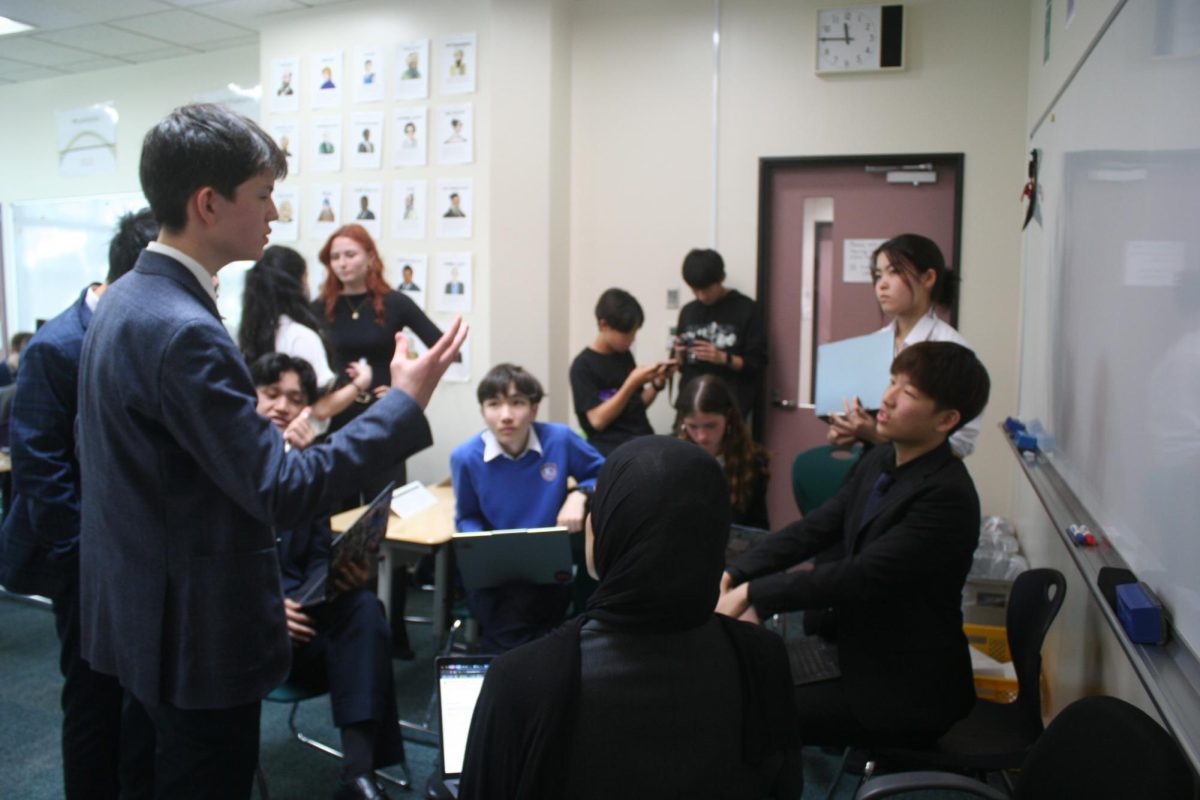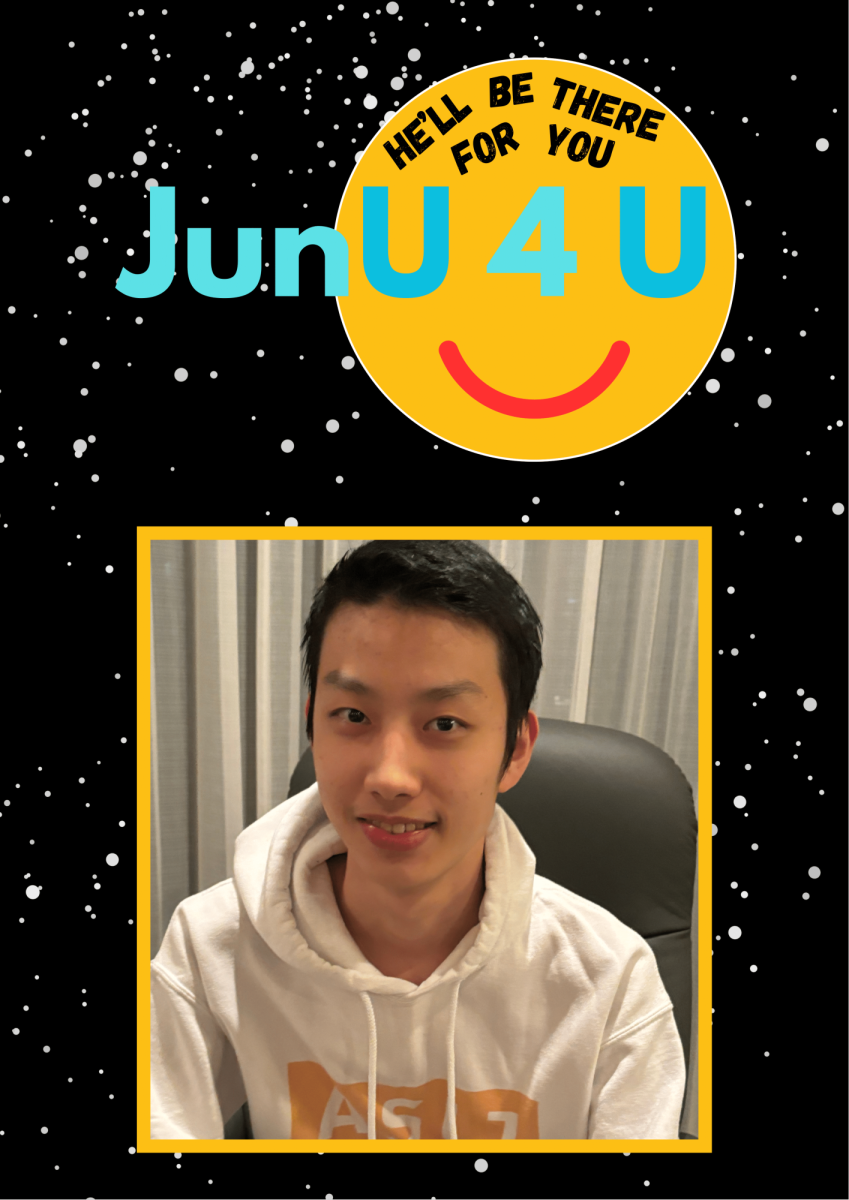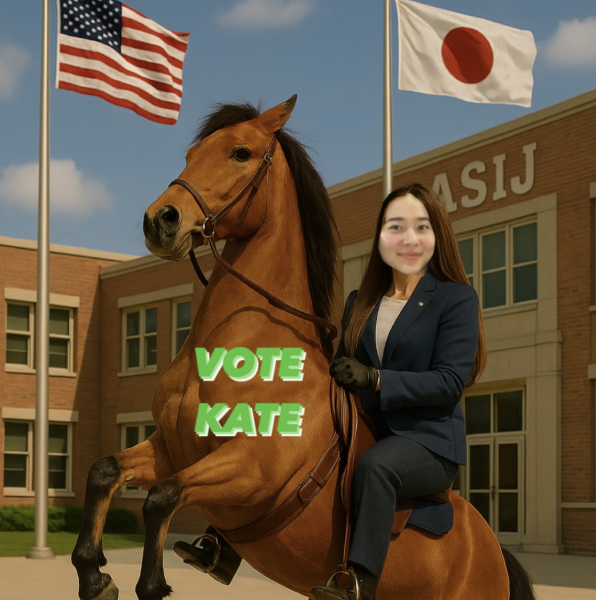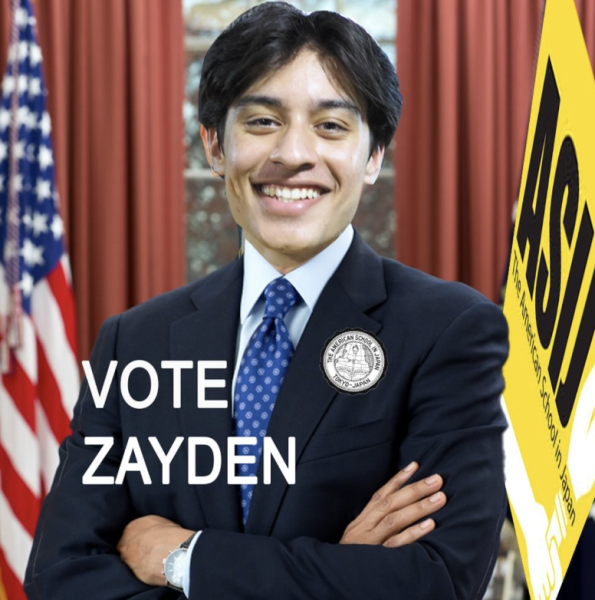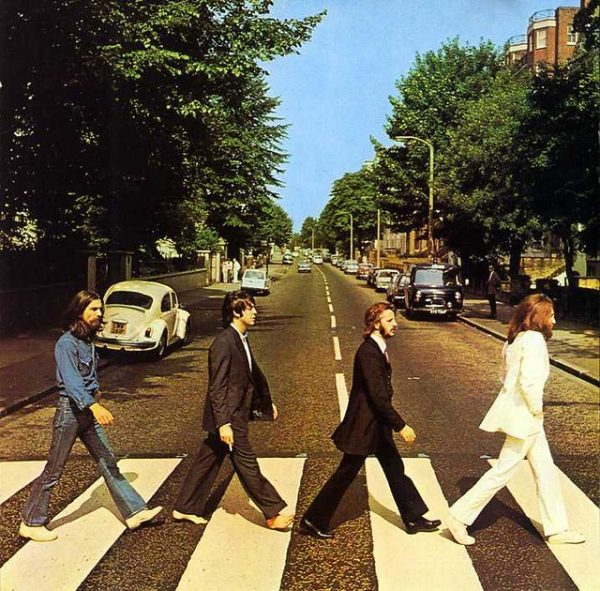Confronting Conspiracy Theories
October 25, 2021
We are faced with wild, incredible conspiracy theory narratives almost every day. Whether it be election fraud, UFOs, 5G radiation, or coronavirus misinformation, many people believe in some downright ridiculous ideas.
Let’s take a look at why conspiracy theories –“the belief that some covert but influential organization is responsible for an unexplained event” – can be so alluring and how they can capture the minds of so many people. There are three fundamental forces at work: the stress and anxiety of change, the appeal of simple narratives, and the alluring sense of community.
First, people tend to look towards conspiracy theories when feeling a high degree of stress, discomfort, and anxiety. During the pandemic, stress levels have risen across the board, prompting many to look for comforting answers that can explain the troubles around them. It’s understandable that with such underlying stressors, people want something to hold on to that will help make sense of what’s going on.
Second, simple narrative. It can be all too easy to reduce complex issues down to something simple yet powerful – especially if it aligns with a pre-existing ideology. Sources and statistics are easily misrepresented and interpreted. Many conspiracy theories are based on information that is simply false.
Lastly, once the narrative is created, people tend to find validation in groups of like-minded individuals. These echo chambers exacerbate the beliefs of the group, and further alienate them from those with mainstream views. Being ostracized often only helps the cause, as their narrative against the status quo is being “suppressed,” and they see themselves as champions of truth.

So now we know a little more about the factors that tend to cause people to believe and promote conspiracy theories, but how do they harm our societies?
Humans are naturally skeptical, as they should be. It is healthy for individuals to think for themselves and question what they hear. But the results of this skepticism are more and more often becoming counterproductive and often violent.
There is no shortage of examples of this, from the millions that continue to die because of COVID-19 conspiracies, to the property damage from attacking 5G towers, to the physical violence linked to incidents such as Pizzagate and the Capitol riot.
The effect is so dangerous because once people latch on to an idea and the momentum of the group takes hold, it is so very difficult to bring them back to reality. This disconnect is deeply tragic, often pulling families and long-standing relationships apart.
The collective self-regard that groups like this develop, makes it incredibly difficult to persuade them to stop thinking in such irrational ways. We’ve all seen this in our own lives – once we really believe something, it’s hard to change. But we’re not just talking about changing the way we do a math problem or hit a tennis serve, we’re talking about fundamentally changing the way we see the world. Such a change forces us to leave the comfort of the group, take on more uncertainty, and dissect the simple “truth” we thought we knew.
Certainly, you and I are far too smart and perceptive to believe a conspiracy theory. Or so we think. Recent research shows that nine in ten Americans believe in at least one conspiracy theory.
What can we do about this? Well, let’s continue to be skeptical. We should still search for answers, look for truth and facts. But, when these answers to complex questions are too simple, assert that there are irrationally organized evil groups, or directly harm groups of people, we need to pause. By utilizing the vast array of information now available and talking with others who have views that differ from our own, we have the opportunity to grasp a more complete picture of the issues about which we are curious. And we can help others in this effort, by engaging in conversation and respectful debate.
Conspiracy theories built on the stress of discomfort and anxiety, the appeal of simple narratives, and the alluring sense of community, can become extremely dangerous and violent. It’s up to us to recognize this danger, form educated opinions, and engage with those around us.

